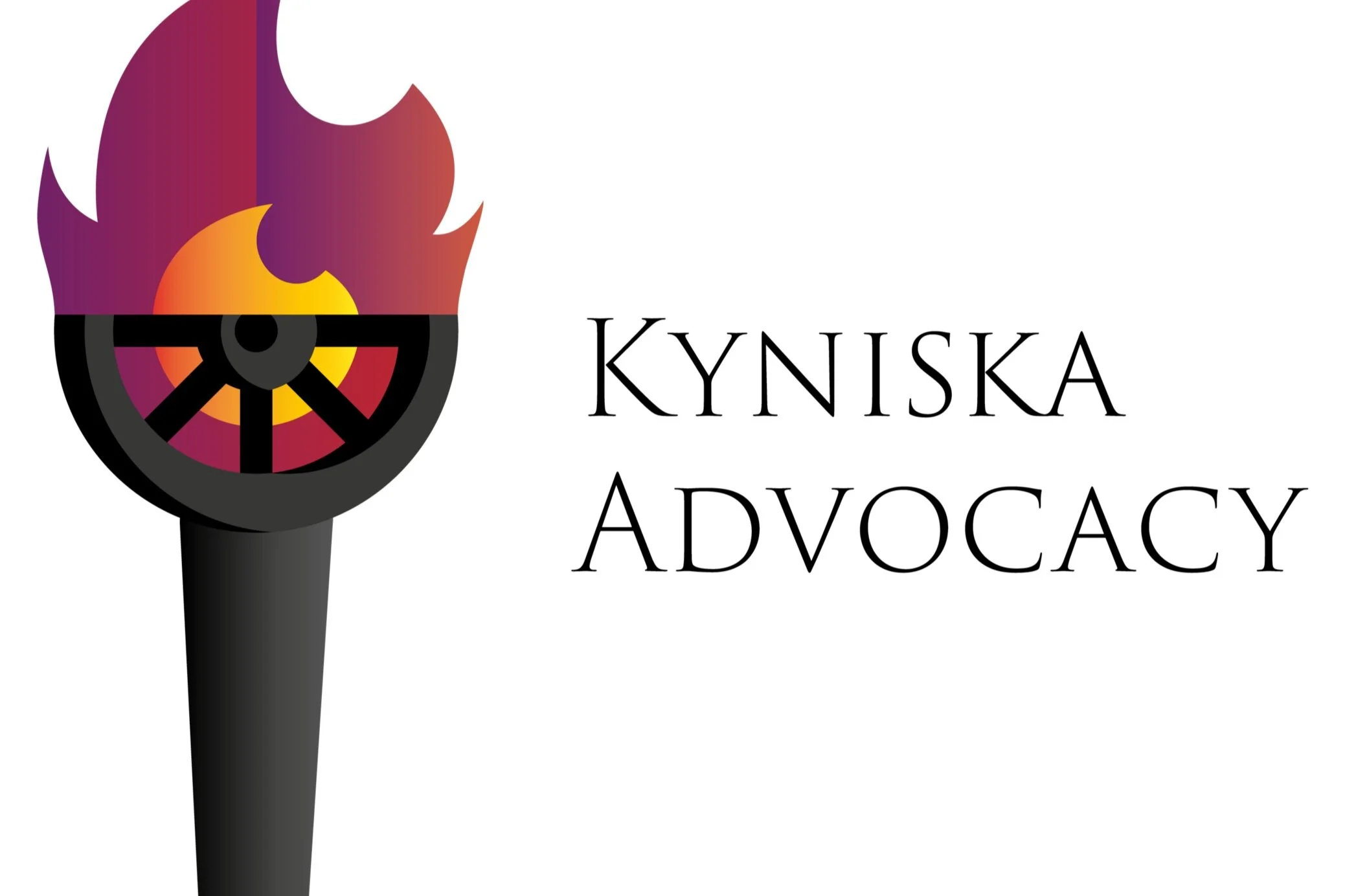The WSL has recently announced their new safe sport partnership with Kyniska Advocacy. This partnership is monumental because it is a first in professional football.
What will the partnership involve?
On their Instagram, Kyniska Advocacy announced:
“We will be delivering proactive and comprehensive wrap-around care for athletes and working towards a safer, respectful culture in women’s football!”
They also stated that the partnership would involve regular in-depth club visits, tailored safe sport education to all athletes and staff and access to their confidential and independent support service. Finally, in their Instagram post, they also stated:
“When a major sport takes a stand for safety, it sends a powerful message across the sporting landscape that wellbeing, respect and accountability are non-negotiable.”
Kyniska Advocacy’s statement highlights that the partnership reflects the WSL’s long-term commitment to player wellbeing and their dedication to providing the most comprehensive support possible.
Why is the partnership important?
One of the reasons the partnership is such an important step for the WSL is it shows that the league is being proactive in protecting players and prioritising mental health support. In recent years, several players, including Molly Bartrip, Beth Mead, Lucy Bronze, and Mary Earps, have spoken publicly about their mental health. More recently, Millie Bright’s decision to not make herself available for Euro 2025 selection attracted a lot of media attention, however Bright recently told BBC Sport that withdrawing from the squad was “by far the best decision I have ever made”. Karen Carney’s government review of women’s football in July 2024 also raised issues about player welfare.
Fran Kirby is another WSL player who has spoken about how mental health hasn’t previously been considered in the same way as athletes’ physical health. In an interview with BBC Sport in January 2024, she said:
“It’s really important to emphasise that, of course we’re professional athletes and we have to be fit to do our sport, but a body shape doesn’t determine if you’re fit enough. A lot of people see athletes as robots.”
“I’ve been on the end of comments and so have my team-mates. It is a problem but I don’t think it’s just a women’s football problem. I think it’s bigger than that.”
Kirby’s interview underscores the need for stronger measures to protect players from online abuse and highlights the significant impact such abuse can have on their mental health. She also emphasised how physical health and nutrition were prioritised above players’ mental health. This is another reason the Kyniska partnership is so positive for the WSL, as it treats players’ mental health with the same importance as their physical health.
Players’ stories show that, in the past, mental health was not always a priority, with clear consequences. The WSL’s partnership with Kyniska Advocacy marks a significant step forward, signalling that mental health is now a priority and that players’ wellbeing is being taken seriously. The partnership also demonstrates that mental health support is not just immediate but part of the WSL’s long-term plans.



